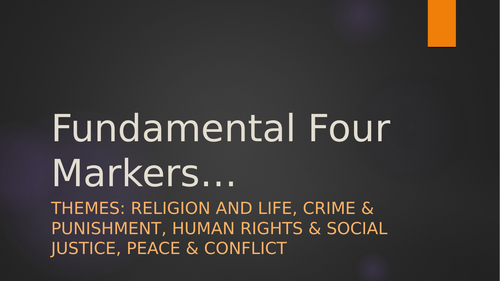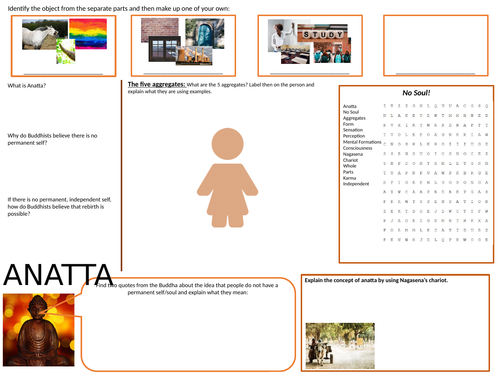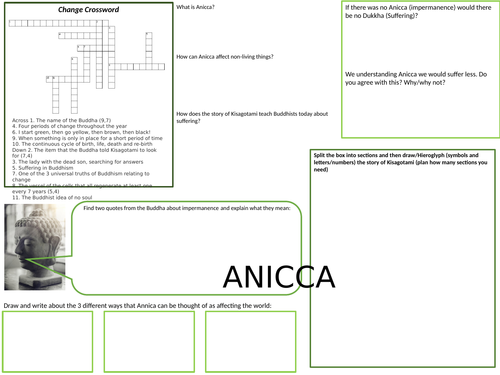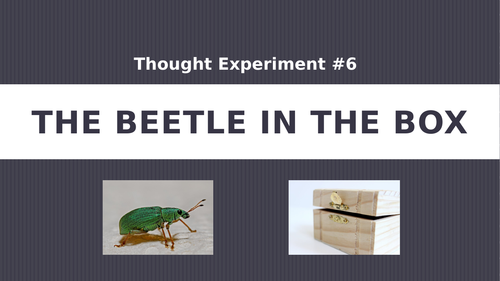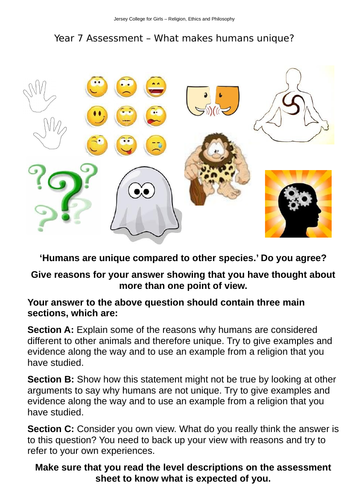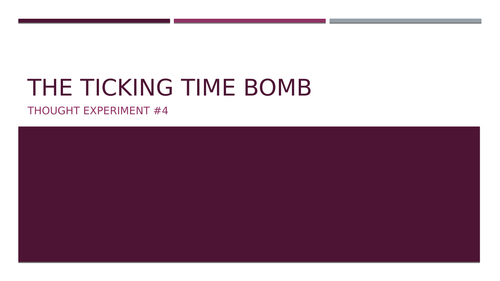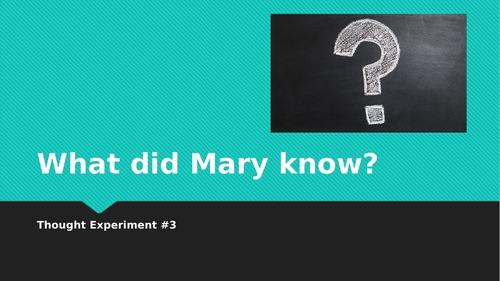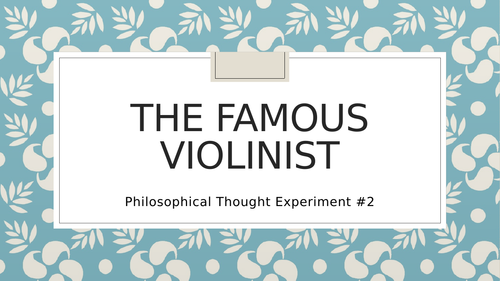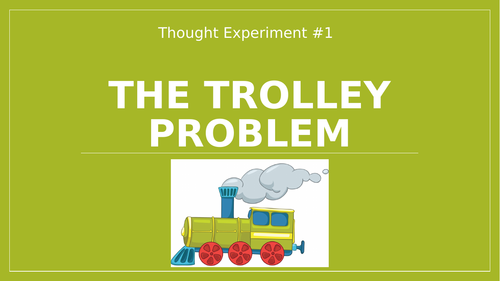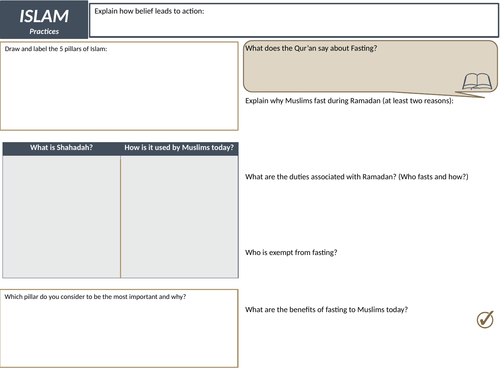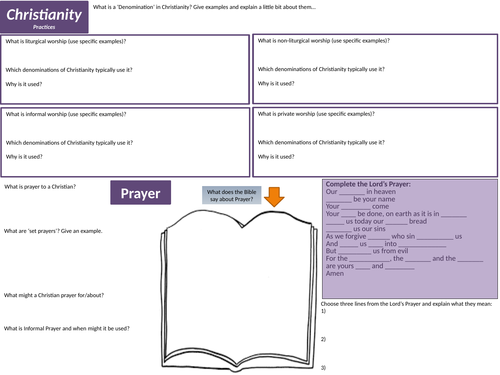Hoppy's Shop
I am an experienced Religion, Ethics and Philosophy teacher who has taught 11-18 education for my whole career. I have taught a variety of GCSE and A Level syllabuses but am currently teaching the new AQA GCSE Spec A and AQA A level Philosophy. My intention in creating resources is to support students in understanding the holistic approach to the subject and to prepare them for exams in a way that means that they are well rehearsed in what the examiner will expect from them.


